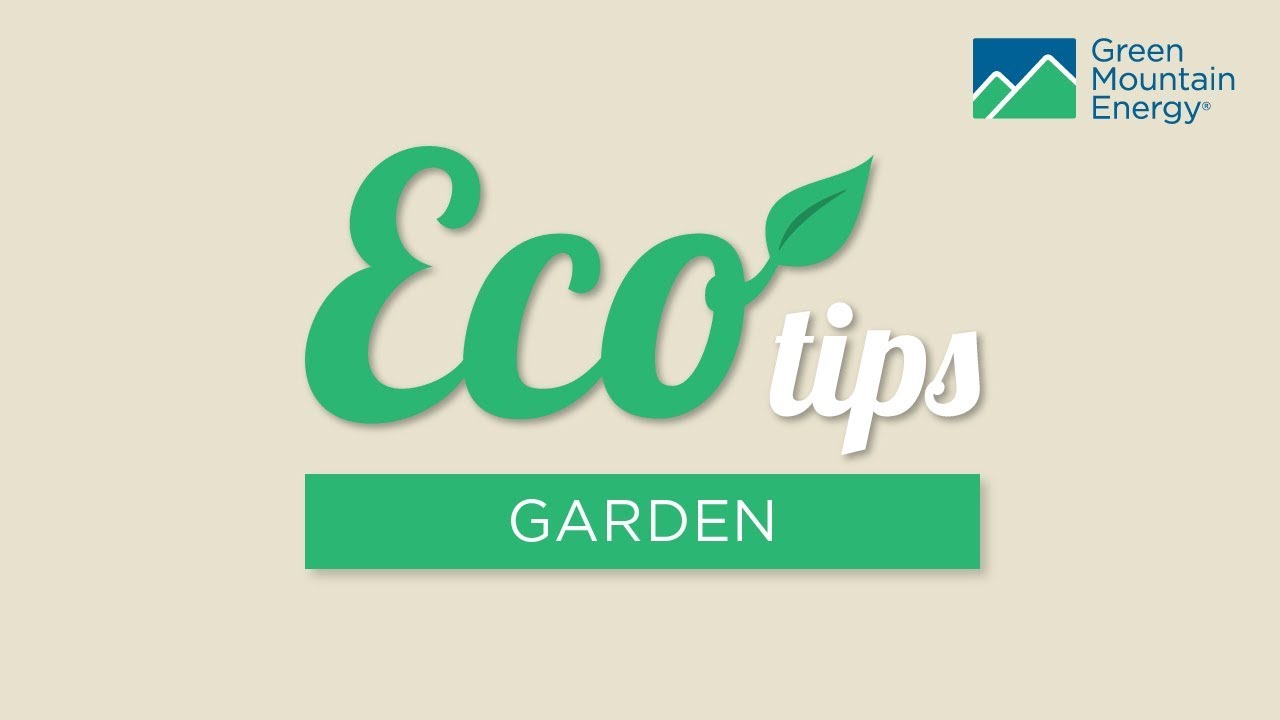Your cart is currently empty!

Eco Friendly Gardening Tips

If you’re interested in gardening, there are a number of eco friendly gardening tips you can follow. Some of the things you can do to reduce your impact on the environment are composting, reusing items around the house to plant greens, and avoiding chemical pesticides and fertilizers.
Composting
Composting is a good way to reuse household waste and add nutrients to the soil. It can also be a good way to help save the planet. This is because composting involves the decomposition of organic materials in a controlled aerobic process.
While it might be a bit more complicated to do at home than just throwing your yard waste in a trash can, you can learn how to compost at home and reap the benefits of eco-friendly gardening.
First and foremost, composting can save you from a trip to the landfill and a pile of green garbage. Second, it can help you produce healthier plants and fruits and vegetables. Third, it can help you reduce the use of chemical fertilizers and pesticides. Fourth, it can help your lawn thrive.
Natural alternatives to pesticides
Natural alternatives to pesticides in gardening are safe, effective and eco-friendly. Some of these natural products can even be used to repel insects. They can also help you create a beautiful garden.
You can use neem oil as a natural pesticide. This is a highly effective anti-feedant for many insects, including aphids and powder mildew. It can be found in natural food markets.
Another natural insecticide is apple cider vinegar. It works well on sap-sucking insects, and you can add essential oils to improve control.
Another natural insecticide is ryania, a powdered extract from the shrub Ryania speciosa. This plant is native to South America and can be combined with pyrethrins to create a combination formulation that is effective against certain pests.
One of the most popular natural alternatives to pesticides is soapy water. You can use it directly on plants. If you have trouble with insects, try adding a few drops of peppermint or lavender. Alternatively, you can make a spray with a mixture of soap, vegetable oil, and water.
Avoid chemical pesticides and fertilizers
In order to protect your garden from pests, it’s important to avoid chemical pesticides and fertilizers. These products can be harmful to both plants and people. The best way to prevent this is to read the label on the product. You should also know what to do if you are exposed to the chemicals.
Choosing the right pesticide can protect you and your garden. Some common types of pesticides include insecticidal soaps, bait stations, microbial insecticides, and insecticidal oils. Each product has a different mode of action. It’s important to read the label to find out what the product will do to your garden.
Pesticides should be stored in the original container with the label attached. It’s a good idea to store the chemicals away from food, feed, and water sources.
Growing your own vegetables
A home garden can be a great way to save money on produce and have a fun, rewarding hobby. You can also help the environment by growing your own vegetables.
First, you’ll need to choose a good location for your garden. It should be near a source of potable water and in a place that is not subject to strong wind currents.
Next, you’ll need to choose the right seeds. They should be high quality, and be of the appropriate size to grow.
Before you begin, you’ll need to learn about the best techniques for gardening. This includes soil preparation, pest control, and irrigation. If you’re new to gardening, you may want to consult your state’s Cooperative Extension Service for more information.
Finally, it’s important to use the right tools. Your hands can get tired carrying buckets of water around. Make sure to put on gloves for safety reasons.
by
Tags: